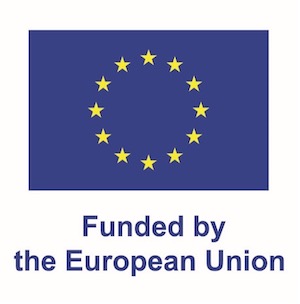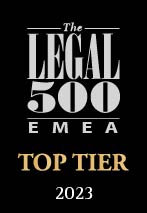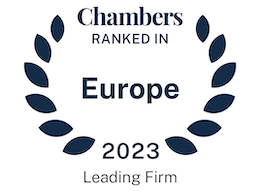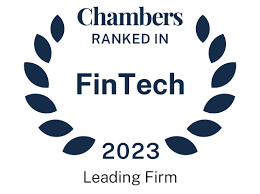Looking for?
INCISIVE
The 42-month INCISIVE project (1/10/2020 – 31/3/2024) aims to address three major open challenges in order to explore the full potential of AI solutions in cancer imaging:
- AI challenges unique to medical imaging,
- Image labelling and annotation and
- Data availability and sharing.
In order to do that INCISIVE plans to develop and validate:
- an AI-based toolbox that enhances the accuracy, specificity, sensitivity, interpretability and cost-effectiveness of existing cancer imaging methods,
- an automated-ML based annotation mechanism to rapidly produce training data for machine learning research and
- a pan- European repository federated repository of medical images, that will enable the secure donation and sharing of data in compliance with ethical, legal and privacy demands, increasing accessibility to datasets and enabling experimentation of AIbased solutions.
The INCISIVE models and analytics will utilize various cancer imaging scans, biological data and EHRs, and will be trained with 1 PB of available data provided by 8 partners within the project. INCISIVE solution will be investigated in three validation studies for Lung, Breast and Colorectal Cancer, taking place in 8 sites, from 5 countries (Cyprus, Greece, Italy, Serbia and Spain), with participation of at least 2000 patients and a total duration of 1.5 year.
INCISIVE moves beyond the state of the art, by improving sensitivity and specificity of lower cost scanning methods, accurately predicting the tumour spread, evolution and relapse, enhancing interpretability of results and “democratizing” imaging data.
Our role
Timelex acts as a lawyer to the consortium, dealing with all legal aspects as they arise and providing support to consortium partners where needed. Specifically, Timelex will take care of the data protection questions in INCISIVE and the related ethical aspects.

Project details
More information about the INCISIVE project can be found on the project website: https://incisive-project.eu/ and the project page on the CORDIS website: https://cordis.europa.eu/project/id/952179.
Funded by the European Union. This project has received funding from the European Commission’s Horizon 2020 programme under Grant Agreement No. 952179. Views and opinions expressed are however those of the author(s) only and do not necessarily reflect those of the European Union or the European Commission. Neither the European Union nor the granting authority can be held responsible for them.





